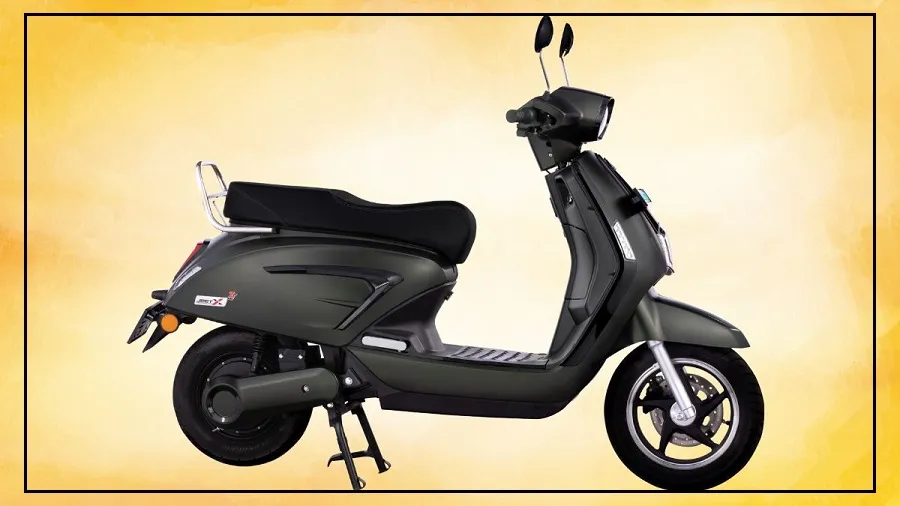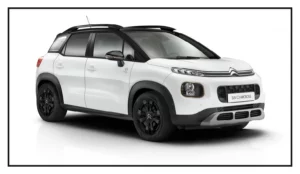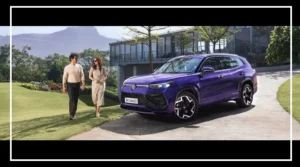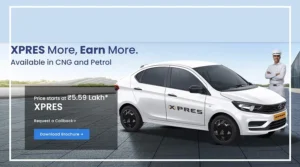After a series of fire incidents, the Automotive Research Association of India (ARAI) in Pune has conducted three crash tests on major electric scooters.
This marks a pioneering move globally, as it’s the first instance of a governing body conducting crash tests for two-wheelers, despite the absence of mandatory crash testing regulations for both internal combustion engine (ICE) and fully electric two-wheelers.
ARAI Crash Testing: Setting Safety Standards
ARAI conducted these crash tests for specific customers, withholding the identity of the original equipment manufacturers (OEMs) involved. However, the agency, under the Ministry of Heavy Industries (MHI), has disclosed some details of the tests.
They were conducted in accordance with industry benchmarks, utilizing accelerometers and high-speed cameras to gather comprehensive crash data.
Standard hard barriers and side poles were employed during the tests. This initiative is seen as a significant stride towards potentially implementing mandatory crash tests for electric two-wheelers in India, which could elevate safety standards for these vehicles in the future.
Battery Safety Regulations: Addressing Fire Incidents
In response to several fire incidents involving electric scooters in recent years, the Indian government introduced battery safety standards.
These standards aim to deter OEMs from using cheap and substandard batteries in electric two-wheelers. However, they also led to an increase in the prices of electric scooters.
Previously, OEMs would import generic battery kits from China to produce electric two-wheelers at lower costs.While this has increased the prices of electric two-wheelers, it has also improved safety.
Integrating battery standards into the regulatory framework for electric two-wheelers could bolster customer confidence in choosing battery-powered vehicles. Presently, electric vehicles constitute 5% of the market share in India.
























